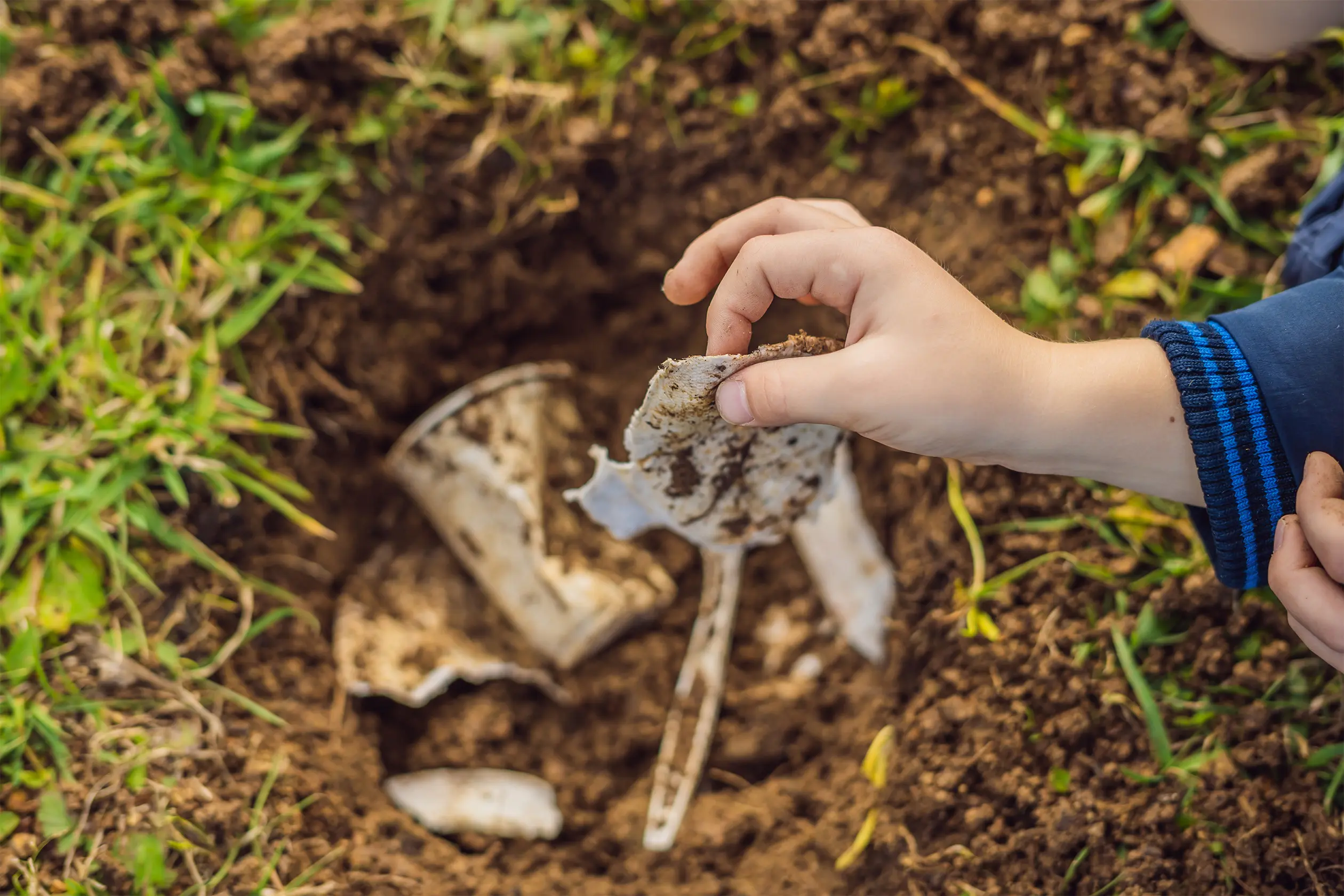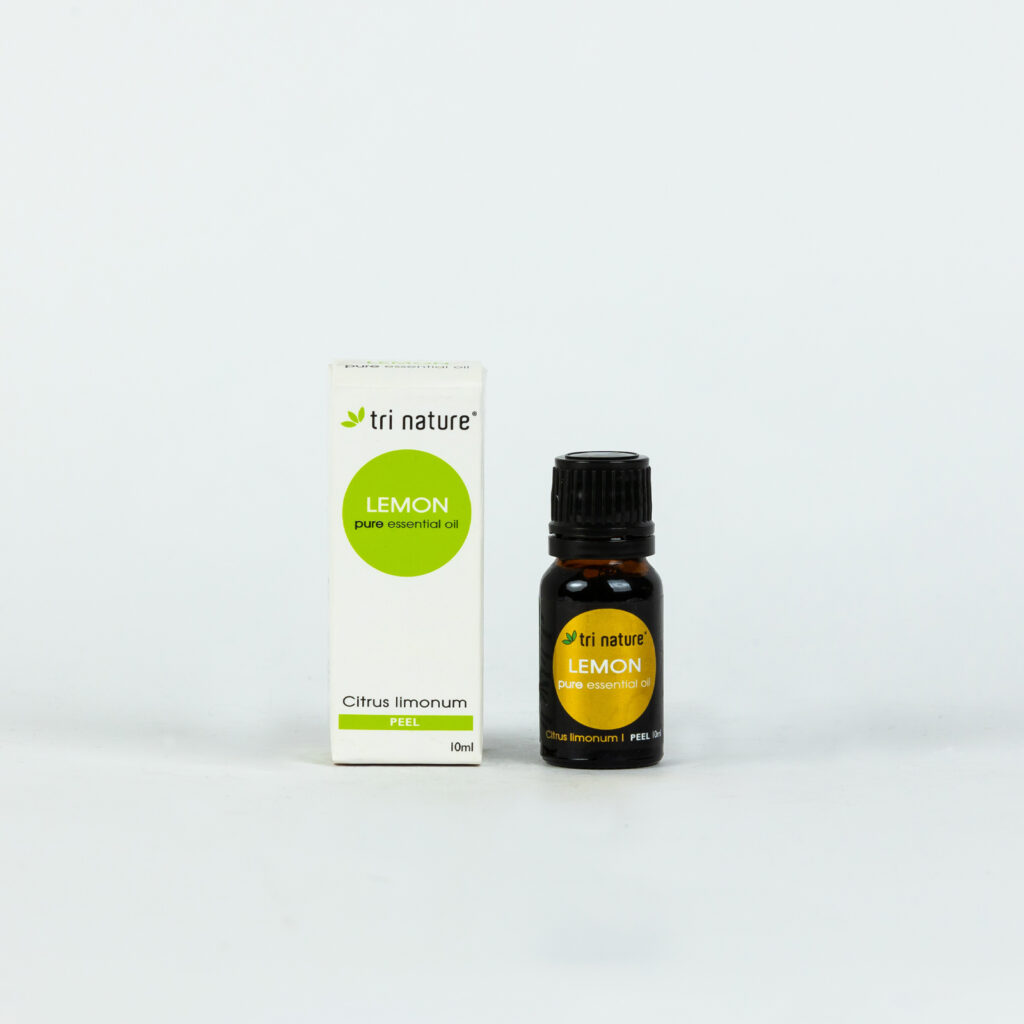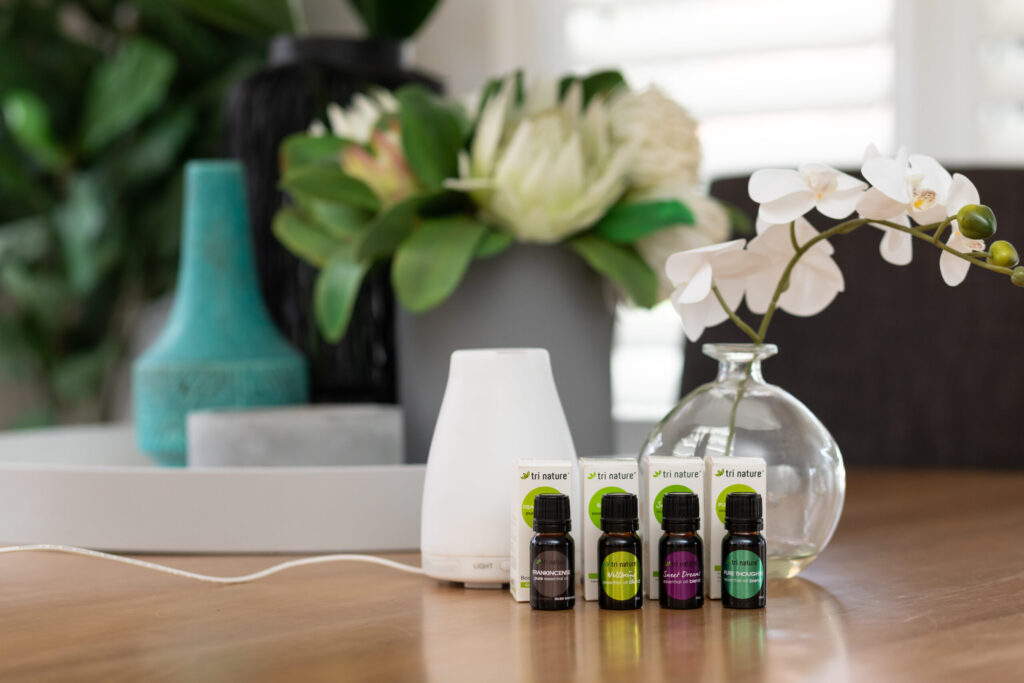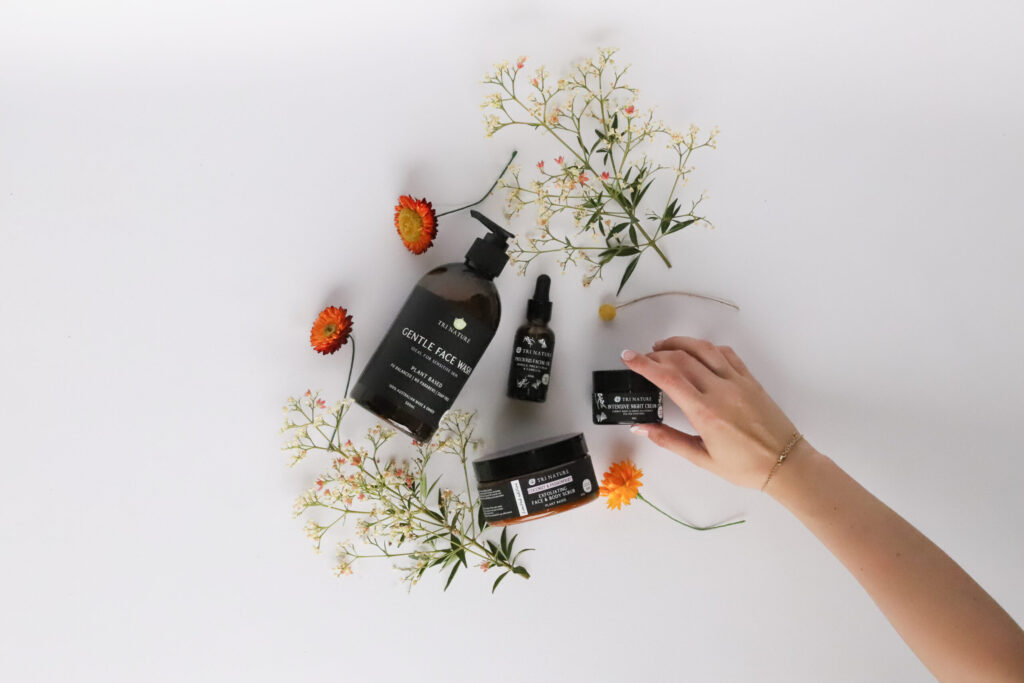Biodegradable is a term that is closely associated with eco-friendly products but what does it actually mean and how does it relate to cleaning and personal care products?
What does it mean?
Biodegradable is the capacity of an item or molecule to be broken down into smaller components (such as carbon dioxide and water) by microorganisms (such as bacteria and fungi).
Sounds simple enough. So what else do we need to consider when looking for eco-friendly and biodegradable products?
Why is it important?
Many of our cleaning and personal care products end up in the environment by way of our wastewater. Whether that be laundry detergent, dishwashing liquid, shampoo or even lotion these products usually enter the drains in our home at some point.
Waste water from our homes undergoes up to four stages of treatment before it is discharged back into our environment[1]. The primary treatment stage includes removing large solids such as food scraps and wet wipes. The second stage is where biodegradability comes into play as this is where microorganisms (activated sludge) are added to the process to break down nutrients and small organic solids. The water is then separated from the activated sludge before it is sent to tertiary treatment, where it is disinfected. From there the water may also enter a fourth stage where it may be filtered further depending on how it is to be released to the environment.
To ensure our cleaning and personal care products do not remain in the water once it has passed the second treatment stage we need to ensure that the ingredients are biodegradable and can be broken down by the microorganisms.
How long does it take for items to biodegrade?
While many items can be can be broken down by microorganisms the speed at which this occurs is important. Items such as plastic bags and bottles will eventually degrade but this process is slow and takes hundreds of years (or more) and during these processes, harmful by-products such as microplastics are created. Items that degrade quickly (without harmful by-products) are preferred from an environmentally friendly point of view as they will break down in the time it takes to process the wastewater. These items are called readily biodegradable.
The ingredients in Tri Nature’s eco-friendly cleaning products such as surfactants (the main cleaning agents) are classified as readily biodegradable meaning the biodegradation process takes just a few days or weeks to occur. This ensures that when the surfactants enter water treatment plants, they are broken down quickly and do not enter the ecosystem.
What about septic systems and grey water?
Biodegradability is also important for septic systems as they also use a process that employs microorganisms to break down the organic matter at a much smaller scale than the large wastewater treatment plants.
Greywater reuse also requires the cleaning and personal care products used to be biodegradable as this water is often released directly to the environment (e.g. gardens and lawns) with minimal treatment. In this case, biodegradation usually takes place in the soil with the soil microorganisms breaking down the organic matter.
What else can we do?
Now that we understand how using environmentally friendly products with readily biodegradable ingredients (such as our Tri Nature cleaning and personal care products will help us to protect the environment, it is also important to remember to not use them in larger amounts than necessary. These simple steps will ensure that you are minimising the burden of your cleaning and personal care products on our wastewater treatment systems and our environment.
[1] https://www.sydneywater.com.au/education/wastewater-recycling/wastewater-treatment.html



